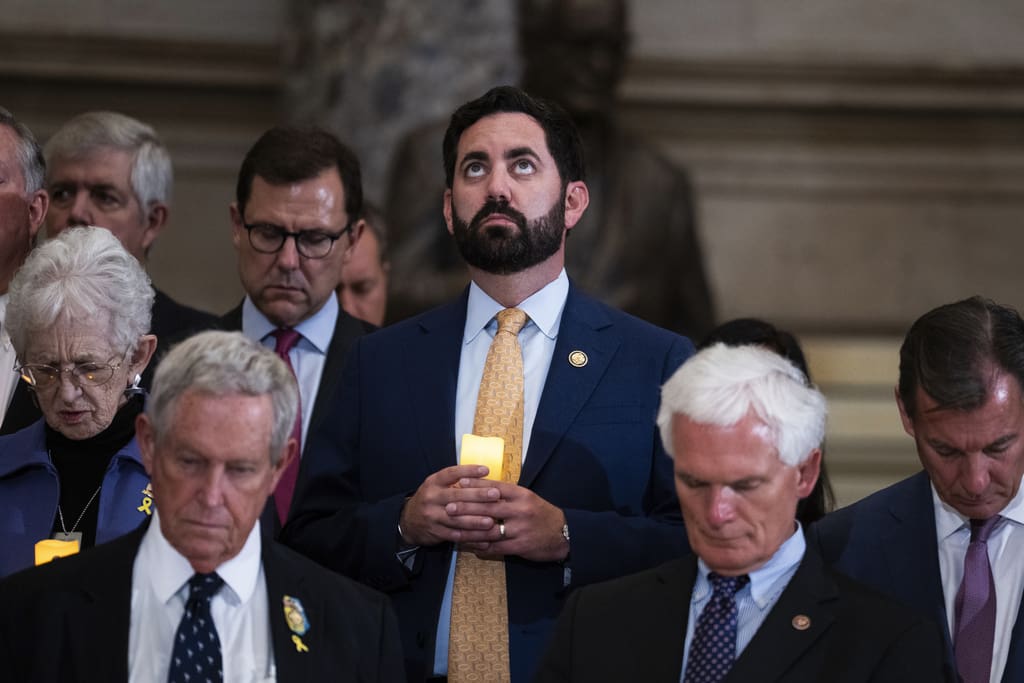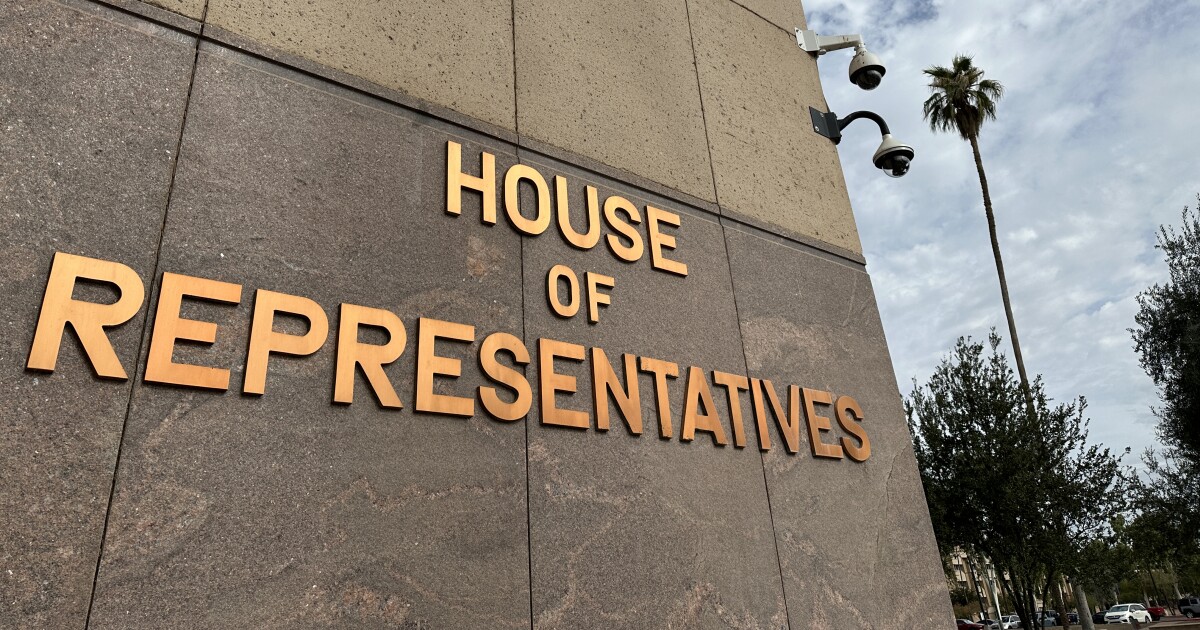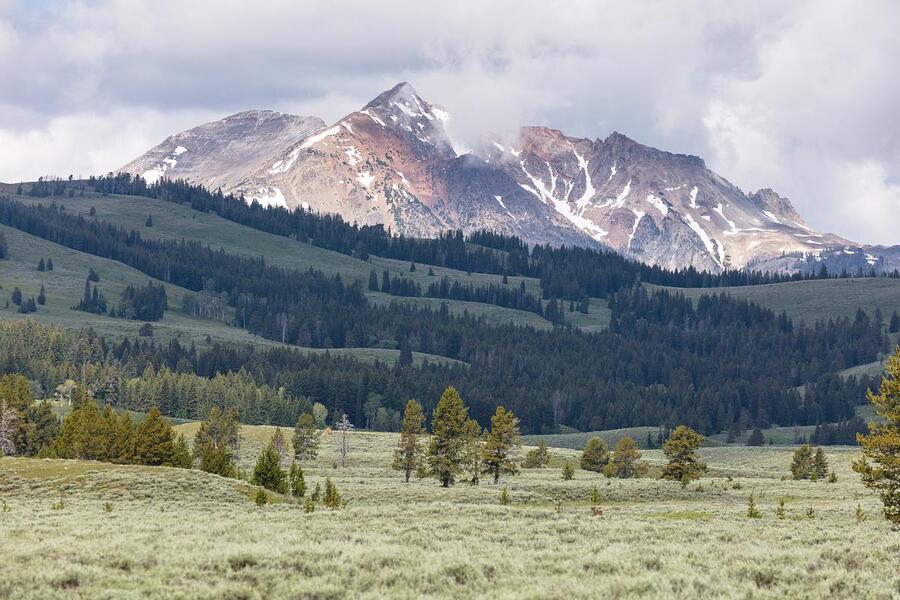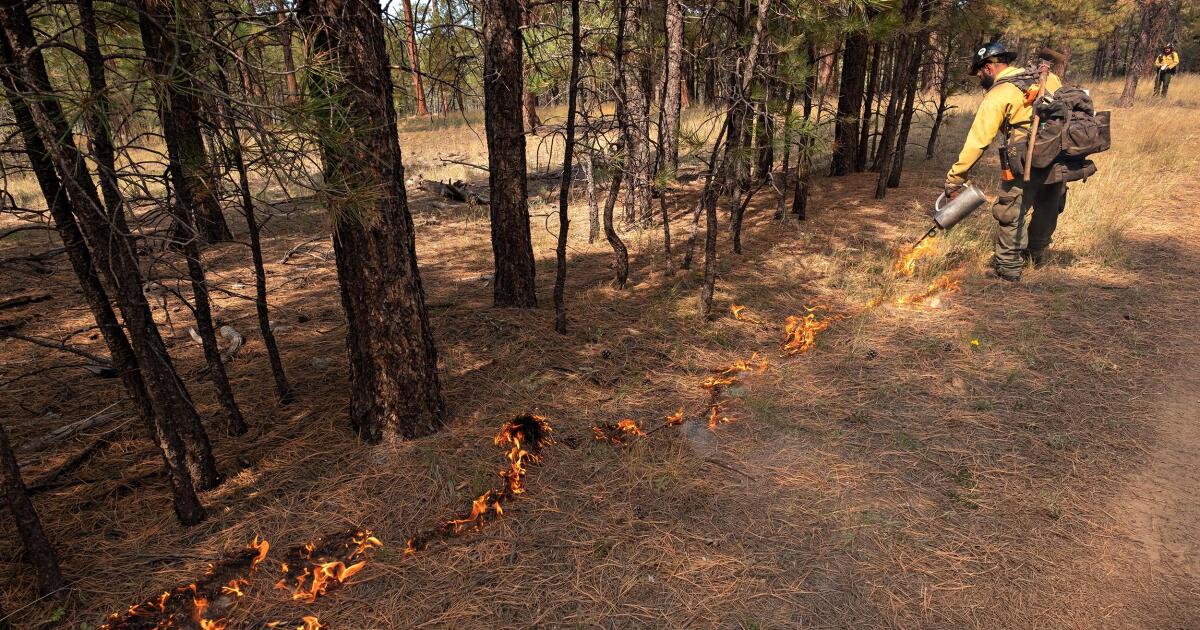Environmental Groups Urge Immediate Action on Colorado River Crisis
As water levels in the Colorado River continue to drop, a coalition of environmental nonprofits has released a report urging swift changes in the management of this critical water source. The report highlights the imminent danger facing the river system, which could result in severe shortages affecting cities and farms.
The urgency of the situation is underscored by Zach Frankel, executive director of the Utah Rivers Council, who warned, “We are looking at serious, chronic shortages, and we don’t just mean one day in a couple of decades. We could see a crash on the Colorado River as soon as two years from now, or less.”
A critical aspect of this potential crisis is the threat of major dams becoming inoperable, which could leave some areas with insufficient water. To prevent this, the report recommends nine measures, primarily focusing on reducing water demand, altering the plumbing of Glen Canyon Dam, and revising how water-sharing rules are determined.
State leaders in the Colorado River basin generally agree on the necessity of significant water cutbacks. However, the report’s authors emphasize the need for each state to develop a “curtailment plan” that specifies how it will reduce water use. Despite the complexity and potential challenges, the authors argue that these steps are essential.
Eric Balken, executive director of the Glen Canyon Institute, stated, “Yes, it’s bad, but there’s a path through it. The solution to this problem is actually simple. It’s not going to be easy, but it is simple. Don’t pull more water from the river.”
The report also advocates for halting new water development projects in the Upper Basin states of Colorado, Utah, Wyoming, and New Mexico, citing the strain on the river system.
Another major focus is the re-engineering of Glen Canyon Dam, which regulates Lake Powell. With the reservoir at about a quarter of its capacity, there’s a risk that water levels could fall below critical intakes for hydropower and water supply pipes. The report suggests constructing new pipes to ensure continued water delivery to cities like Los Angeles and Phoenix.
Frankel challenged the notion that maintaining higher reservoir levels could be a solution, stating, “Those reservoir levels are not a conspiracy. There’s not really any debate about whether there’s water in those reservoirs. A solution of, ‘Hey, let’s just keep the reservoirs higher and avoid having to deal with this epic plumbing challenge’ is absurd.”
The report also criticizes the current negotiation process for new water management rules, which lacks transparency and leaves many stakeholders, including environmental groups and Native American tribes, outside the discussions. “We want honest debate and discussion,” said Kyle Roerink, executive director of the Great Basin Water Network. “There’s not even a meaningful regulatory process going on where we can debate, scrutinize, vet, and provide meaningful ideas about how we’re going to manage the nation’s two largest reservoirs.”
The coalition supporting this report includes the Glen Canyon Institute, Great Basin Water Network, Living Rivers, Utah Rivers Council, and Save the Colorado. Their call for action joins similar appeals from other organizations and experts, all emphasizing the urgent need for new agreements on water use before the current rules expire in 2026.
Despite ongoing negotiations among the seven states reliant on the Colorado River, a consensus on new management rules remains elusive. The current rules are set to expire in 2026, and the pressure is mounting to reach an agreement that addresses the river’s declining flow and the impending deadlines.
This article is part of ongoing coverage of the Colorado River, produced by KUNC in Colorado and supported by the Walton Family Foundation. KUNC is solely responsible for its editorial content.
—
Read More Arizona News










